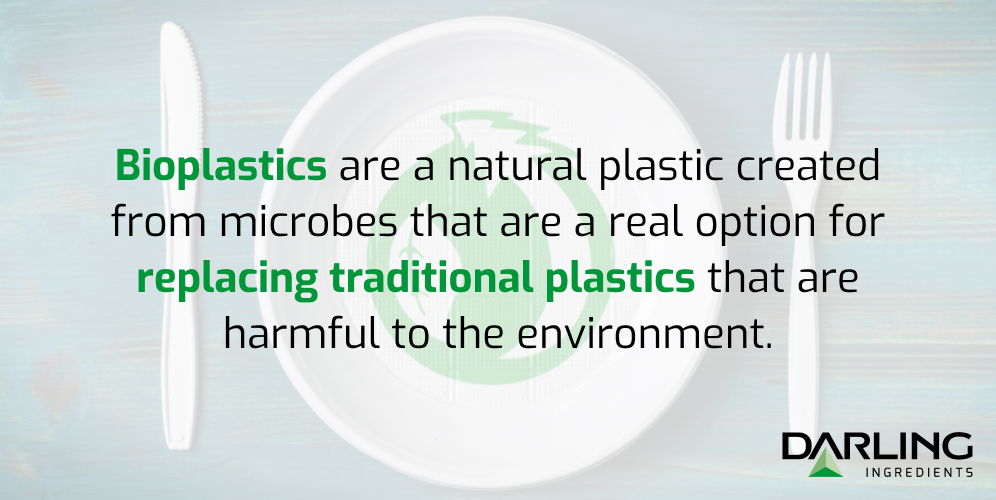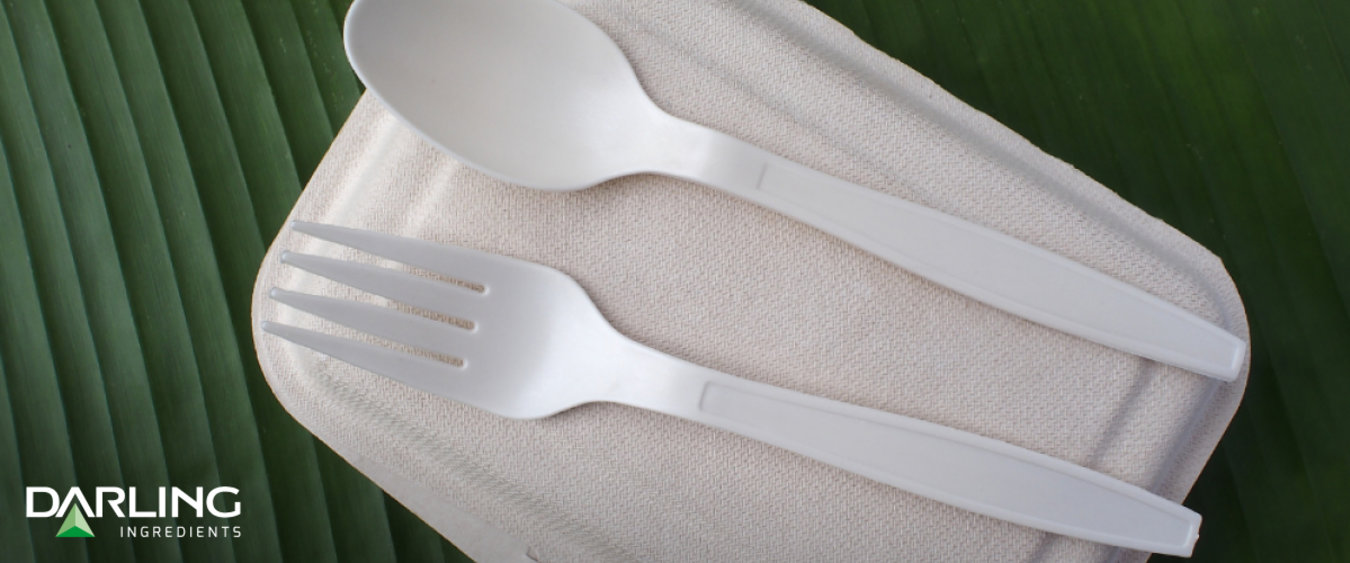Why Recycle Used Cooking Oil?
The best way to dispose of your used cooking oil is to recycle it. Of course, it is always ideal for any kind of waste to be recycled and repurposed rather than just thrown away. But with used cooking oil, there are stricter guidelines on how you should and should not dispose of it.

It Cannot Simply Go Down the Drain
Used cooking oil should never be poured down the drain. Doing so will lead to a whole heap of problems down the road. Although it is in a liquid state when cooking or warm, oil hardens and becomes solid when it cools. As you may be able to imagine, solid oil is not going to flow through the piles as easily as liquid oil, if at all.
Oil will harden along the walls of pipes and clog the plumbing. Some may even make it out to the sewage system and create problems on a larger scale for the surrounding area. This is why you should never pour the oil down any drains.
Organic Waste in Landfills is a Huge Problem
Like many other waste products, used cooking oil and other organic waste products get thrown away and end up in landfills. Food waste in North America is a huge problem that is not addressed as the priority it should be.
Leaving food waste and used cooking oil to end up in landfills is a waste of resources and time, but it is also damaging to the health of the environment. Animal byproducts, fats, and oils we may consider inedible can still be used for something other than further polluting the planet when properly recycled.
Biofuel is the Future
Biofuel is the future, for a multitude of reasons.
With resources dwindling and damaging our planet, people have turned to searching and creating alternative fuel sources.

It’s Growing in Popularity
Biofuel is gaining popularity quickly, and the demand for it is expected to continue to rise in the next five years by 20%. With the scarcity of resources and the pressure to find healthier alternatives for the sake of the environment, the biofuel industry is booming. Countries across the globe have been producing and beginning to use renewable energy and fuel blends.
It Has No Limitations in Replacing Conventional Diesel
When it comes to replacing conventional diesel with renewable fuel, there really are no limitations. Renewable diesel is already compatible with current infrastructure and vehicles—meaning it can go straight into your conventional gas car right now without any adjustments.
Renewable diesel is an incredibly flexible option, as it can fully replace conventional diesel—or have any amount of it blended in with conventional diesel. It can also be made from various feedstocks, fats, and oils that produce fewer emissions when burned, making it significantly better for the environment.
Bioplastics
We use plastic all the time for so many different products and packaging. This plastic is a huge contributor to environmental issues when it is tossed out and finds its way into landfills or nature. Plastic is mostly non biodegradable and pollutes the earth and the sea.
Bioplastics are a natural plastic created from microbes that are a real option for replacing traditional plastics that are harmful to the environment. To make the news even better, the starting material for these bioplastics can be used cooking oil.
Related Article: Swaps for Single-Use Plastics in Canadian Restaurants

Graphene
The potential of used cooking oil does not stop at bioplastics. Graphene is a material that is flexible yet harder than a diamond and stronger than steel. It also has the ability to carry electricity with no resistance which creates an unending potential for use in solar, electronics, and medicine.
The best part is scientists in Australia have discovered how to create graphene using a “waste” material (you guessed it, cooking oil!). That spent cooking oil that would normally be wasted and likely add to contamination of our world can be used to help create an incredibly valuable material. Graphene can be used in a variety of industries essential to our modern world.
Recycling Used Cooking Oil Fits Into Zero-Carbon Initiatives
The year 2050 is the year we are striving to hit zero-net emissions around the globe. There are many factors and initiatives that go into making that happen, and one of them is reaching to achieve clean-burning fuel.
Used cooking oil is a valuable part of the equation. Biofuel is a viable low carbon fuel alternative that creates use for products that would otherwise go to waste, and it has already been invented and put to use. Used cooking oil and feedstock is some of that “waste” that no longer has to be considered so.
It Actually Removes GHG from the Atmosphere
Renewable Diesel vehicles produce less greenhouse gasses (GHG) than the production of renewable diesel creates. This means that the use of renewable diesel actually removes GHG from the atmosphere.
The GHG emissions are considered throughout the whole process of production, transport, and then the actual use. During the production process of biofuel, byproducts are created that can be used for things such as animal feed. This saves on GHG that would otherwise be produced in the production of products like animal feed.
The positive impact of this can be so great that it creates a zero, or even negative, amount of GHG. Biofuel is cleaner, but it still produces some CO2 emissions when burned. The growing biomass feedstock that is created in the production of biofuel can offset the CO2 that is emitted from the biofuel.

A Greener Tomorrow
You can be a part of the solution for the climate crisis. Darling Ingredients Canada can make it easy for you to play your part.
If you want your used cooking oil, that you already have to dispose of in some way, to be used to create healthier alternatives for our earth, such as biofuel and graphene, Darling Ingredients Canada can make that happen.
Darling Ingredients Canada is an established and trusted company that will guide you through the process of choosing the best set up and used cooking oil container for you and your needs. We will work with your schedule to come collect the used oil and give in new, valuable life by repurposing it.
Our convenient approach to recycling will ease some of your stress and contribute to a greener tomorrow. Call today at 1-800-263-0302 to give nature a second life.
